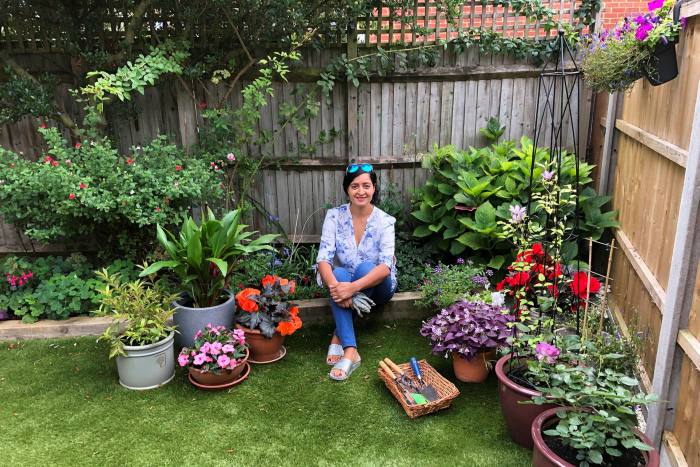So you’ve chosen to garden as your next hobby. Since different people have unique experiences, no one can tell whether or not it’s right for you.
Before you start, you want to consider some things, such as what types of plants are compatible with the weather in your area and what types are easy to maintain. Of course, you want to also think about if you have the time and willingness to put up a garden. A way to start this is to set up your budget and time.

Shopping for your plants
Like any other aspect of life, creating a garden also needs planning. Decide on which kinds of plants you want in your garden before hitting different plant stores or garden centers. Do your research before anything and learn everything you can. You should also know what types of plants are suited in your area and best for your lifestyle.
However, don’t be afraid to make mistakes since you can learn from them. Every gardener’s experiences are unique. Even if you’ve created some errors, there’s always a way to turn it around.
Shopping for plants on a budget
If you’re on a tight budget, be sure to stick to what you know and leave some extra in case you need to fix or replace something. Visit retailers to check out their offers to avoid spending too much. Prices and quality of plants and gardening tools vary in different stores and nurseries. Online garden centers are also where you can check out good deals.
Watch out and be careful not to shop impulsively. It makes you lose focus on your budget and neglect the plants you want. Remember, if you’re not sure about something, stay away from it.
Another thing you can do if you’re on a budget is to buy in bulk since it’s less costly. You can share the costs with others to also get the same benefits. You can also do this when you want to rent gardening and maintenance tools, such as tillers and lawn aerators.
Prioritizing safety
For the sake of everyone in the household, especially your kids and your pets, it’s best to put up horizontal fencing around your plants. Don’t forget that some plants are hazardous to your pets when consumed. Be sure to store away your fertilizers, compost, and gardening tools right after use. You don’t want any accidents for your pets or kids that run around the outdoors. Plus, you don’t want them to mess up what you’ve worked for.
Starting small and not overcrowding
Start-up gardeners tend to get too excited and end up planting too much. Don’t be one of them and stick to what you planned and what you need. Watch out for overcrowding them so every one of them can get the nutrients they need. If they are too close to one another, some of them can miss out. Once you get used to the basics and master them, you can plant more and extend your garden if you’re comfortable enough.
Planting more than you planned can be overwhelming, and you might get tired of them too easily. If this happens, it wouldn’t be a surprise if you want to give up within a year. Remember that the bigger your garden, the greater the responsibility.
You want to start small and figure out the right size for you. Complete your list of plants, herbs, and/or vegetables you would reach for regularly. Consider container gardening if you want to. Again, don’t buy seeds and plants you’re not sure about. Different plants require different ways of caring and maintaining.
Getting rid of weeds while they’re young
Weeds are invasive plants that take away nutrients from your significant ones. So it’s best to control them while they’re still young before they multiply and spread throughout the rest of your garden. Pull them out and make sure you get their roots as well. You can dig them up so there are fewer chances they can grow again in the same spot. Do this while wet or moist because it’s easier this way.
As someone who is new to gardening, choose plants that aren’t so challenging to plant and maintain. Think about beforehand whether you have time to maintain your garden or your work will go to waste.
Gardening is a hobby many people enjoy doing. Then again, it also takes alot of responsibility to be successful. If you don’t feel happy and satisfied about the outcome, either you’re doing something wrong or gardening might not be for you. You should know yourself well enough to know that.
Remember that you don’t need a full-grown garden to make your outdoor homey and beautiful. If you decide that gardening isn’t for you, there are other purposes your outdoor space holds.


